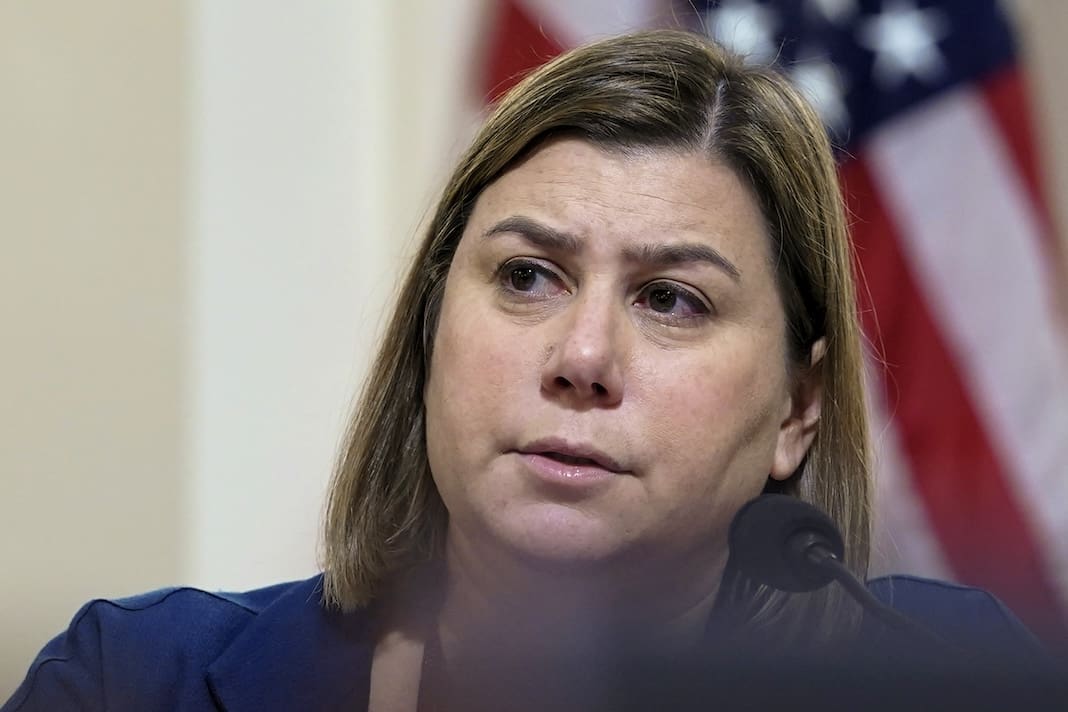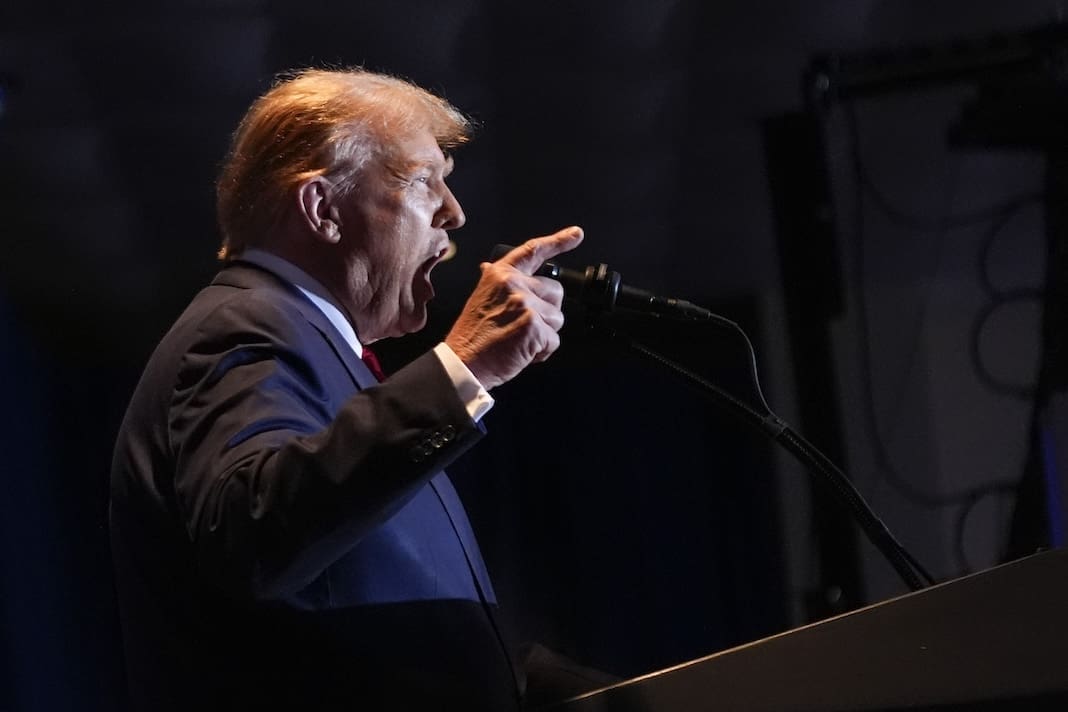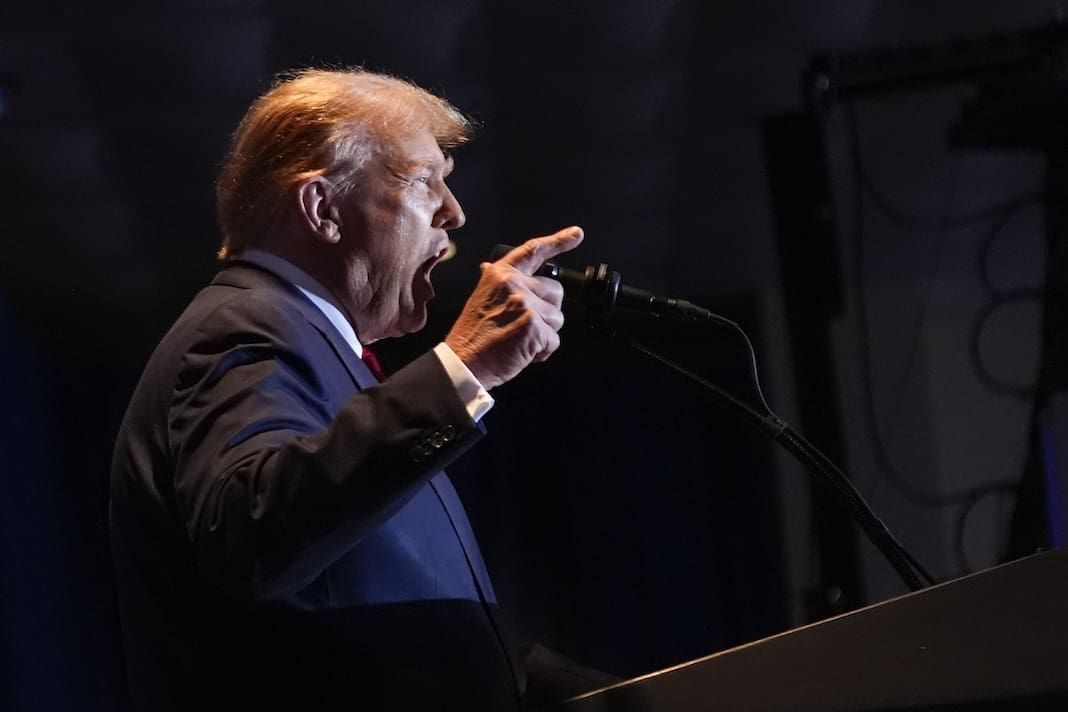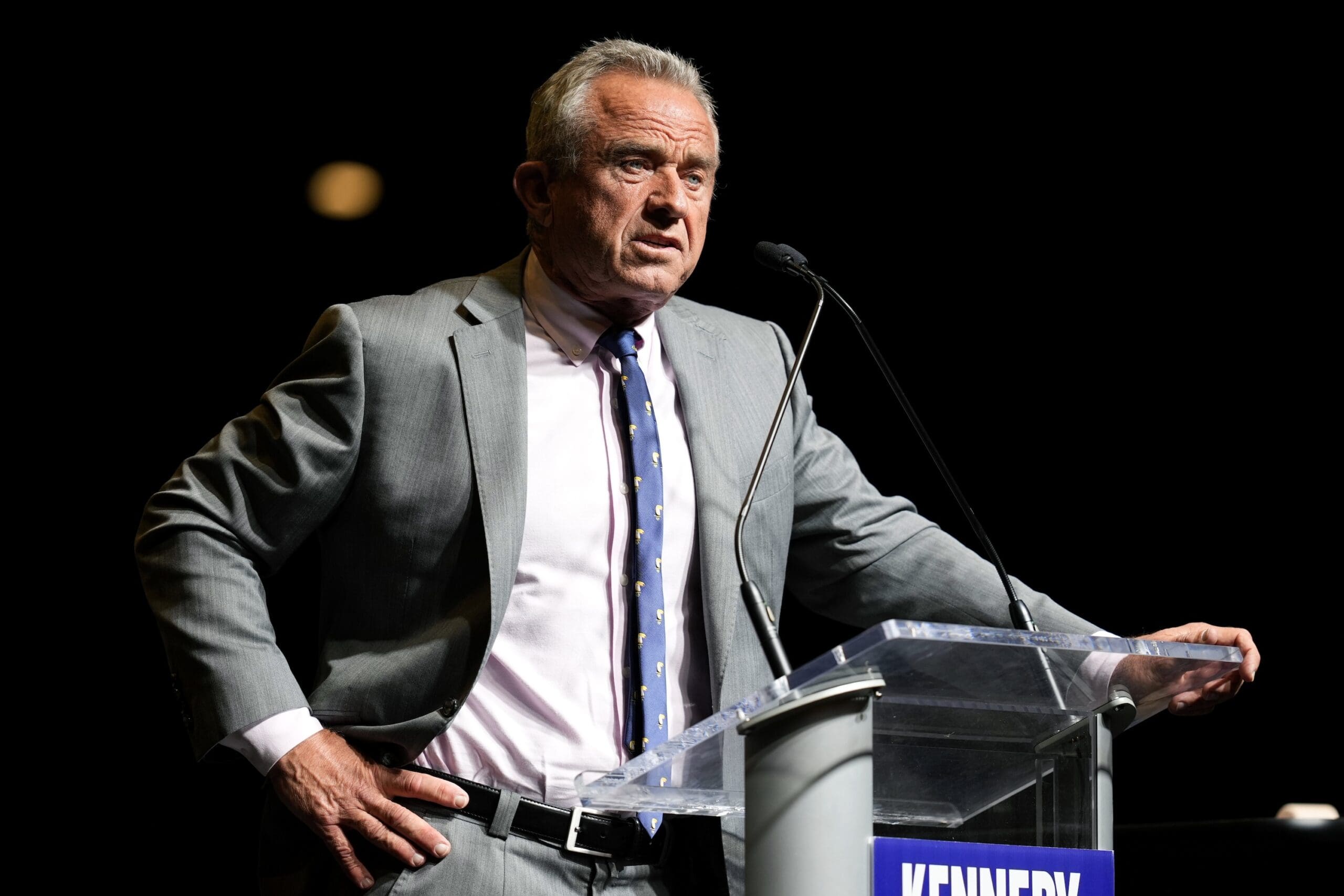216 House Republicans vote to protect gasoline cars that cause pollution
Their bill would stop EPA action that could save consumers $12,000 over the life of each vehicle and help protect the climate.

The Republican-led House of Representatives voted 221-197 on Dec. 6 for a bill that would block the Environmental Protection Agency from implementing new standards to curb air pollution from gas vehicles. Were the bill to become law, it could hurt the environment, cost consumers thousands of dollars, and increase the number of premature deaths.Two hundred and sixteen Republicans and five Democrats voted for the Choice in Automobile Retail Sales (CARS) Act of 2023, a bill sponsored by Michigan Republican Rep. Tim Walberg, which would prohibit the EPA from “prescribing a regulation related to new motor vehicle emissions standards that (1) mandates the use of any specific technology, or (2) results in limited availability of new motor vehicles based on the type of new motor vehicle engine” and specifically bars a rule that the EPA proposed in April to require cleaner vehicles starting with model year 2027.
Michigan Republican Reps. Jack Bergman, Bill Huizenga, John James, Lisa McClain, John Moolenaar, and Walberg all voted in favor. James and Moolenaar both are co-sponsors of the bill. Democratic Reps. Debbie Dingell, Dan Kildee, Hillary Scholten, Elissa Slotkin, Haley Stevens, Shri Thanedar, and Rashida Tlaib voted no.
“The House must pass the Choice in Automobile Retail Sales Act to block a radical and unattainable federal EV mandate that will cripple our auto industry and forever make our supply chain reliant on China,” Walberg told Fox News Digital on Dec. 4. “The American auto industry is at its best when they are free to innovate and listen to the will of consumers, and not constrained by bureaucracy. If this mandate goes into effect, many American families will be priced out of the market, and we will cede leadership of this industry to China.”
The outlet noted that the legislation is endorsed by both the American Petroleum Institute and American Fuel & Petrochemical Manufacturers, two prominent trade groups representing the oil and gas industry.
Most House Democrats opposed the legislation. “This bill puts in place far-reaching and ill-defined requirements for any future vehicle emissions standard, effectively blocking EPA from ever regulating tailpipe emissions from the transportation sector,” Democratic members of the House Energy and Commerce Committee wrote in a report issued Sept. 1. “H.R. 4468 is a direct attack on the current and expected future success of our domestic vehicle manufacturing industry.”
The EPA estimates that the proposed standards would stop 10 billion tons of carbon dioxide emissions between now and 2055 and reduce the need for imported oil by 20 billion barrels over that time. It also projects they will save consumers money.
Fox News Digital reported on Dec. 6 that House Energy and Commerce Committee Democrats had warned in an internal memo that the bill could mean more premature deaths from air pollution.
“Over 100 million Americans live in counties with unhealthy air pollution, with children, the elderly, low income communities, and communities of color being disproportionately at risk. Air pollution is associated with over 100,000 premature deaths in the United States every year,” that memo states. “Republicans are employing scare tactics to deliberately mislead the American people about EVs in order to prop up Big Oil corporations.”
The bill is unlikely to come up in the Democratic-led Senate. In a Dec. 4 statement of administration policy, the White House expressed strong opposition to the bill and warned President Joe Biden would veto it if it reached his desk: “By driving continued development of more efficient vehicles, EPA’s standards are also projected to save Americans $12,000 over the lifetime of a new light-duty vehicle by accelerating adoption of technologies that reduce fuel and maintenance costs alongside pollution.”
The administration noted that the language of the bill “would catastrophically impair EPA’s ability to issue automotive regulations that protect public health, save consumers money, strengthen American energy security, and protect American investments in the vehicle technologies of the future. EPA’s proposed standards for passenger cars and light trucks are performance based, allowing vehicle manufacturers to choose the mix of technologies best suited for their customers.”
Nearly every House Republican voted against Biden’s bipartisan 2021 Infrastructure Investment and Jobs Act, which included a significant investment in electric vehicle infrastructure. In September, House Republicans voted for a bill that would protect gasoline cars from California’s state clean air laws.The United Nations issued “a code red for humanity” climate change report in 2021, warning that without immediate action to curb greenhouse gas emissions, there will be “profound consequences for the world’s social, economic and natural systems.”




